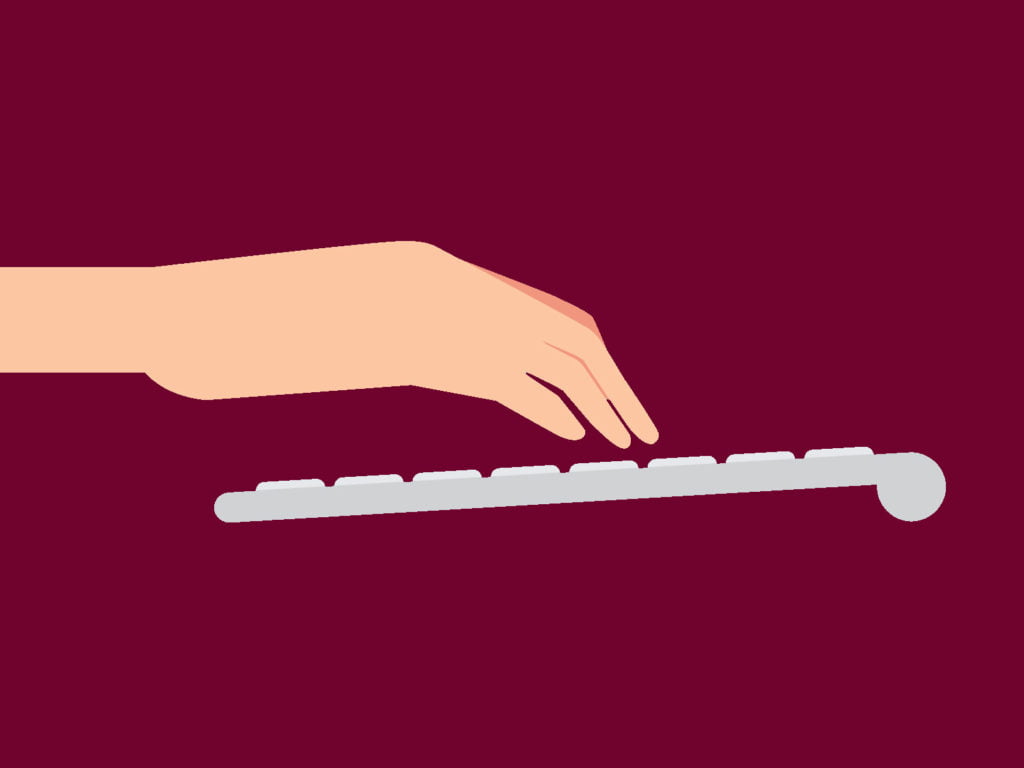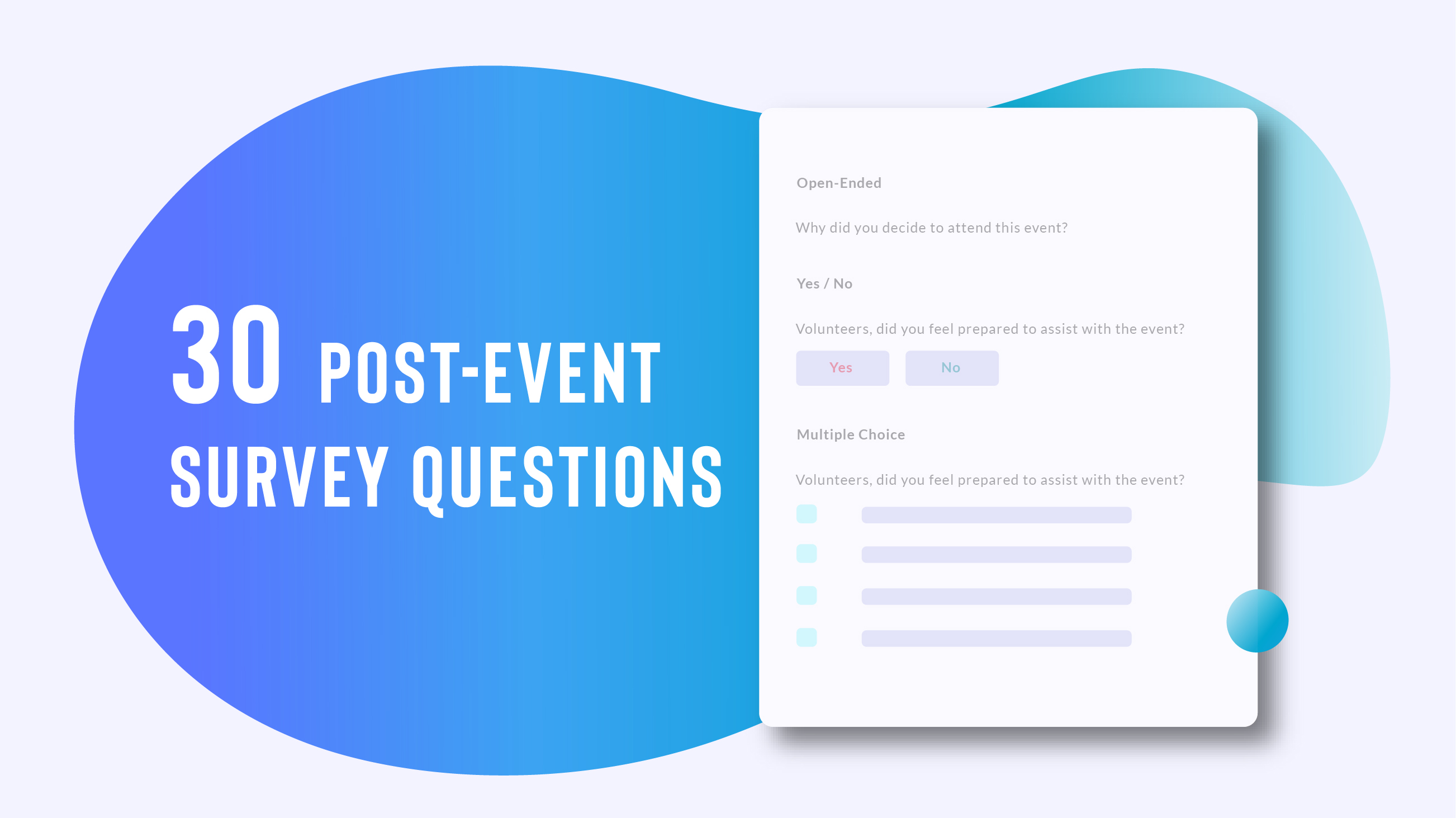

ROOMMATES—THEY EAT YOUR food, wear your clothes, and snore really loudly. Sometimes, these opportunists even think it’s OK to use your computer when you’re not around. If you suspect a housemate is helping themselves to your laptop or desktop, there are some ways to find out. Of course, you probably already have password on your lock screen, but maybe you have reason to believe your roommate has guessed your password or somehow circumvented it in the recent past. Now’s the time to start changing it regularly. (And make it stronger while you’re at it.)
Meanwhile, here’s how to sleuth out trespassing roommates, parents, or pesky little sisters.
Check Your Logs
Almost every personal computer keeps a log—a list of literally every action your computer performs. They’re timestamped too, so you can see when each action occurred. The easiest way to catch a suspected unauthorized user is to put your computer to sleep when you leave, the check for “wake” log events when you get back. This mean your computer was woken up, and you’ll probably see other activity too. You can study logs to see if any past activity occurred as well. Just think back to time when you’re certain you weren’t at your computer, like when you were at work, at class, or out of town. If you see logged events for those times, that’s a clue pointing to somebody on your machine.
For Mac users, look for the Console app, which you can use to view your logs. When it opens, you’ll see “All Messages,” and you scroll up to go back in time. For Windows users, open the Event Viewer. Look for the Windows Log menu item on the right. Right click on Systems, and you’ll see all activity on your computer.
Check Your Browser History
Smart people delete their history when they’re done doing something they shouldn’t be doing in a web browser. But your roommate isn’t that smart, is he? Or maybe he’s smart enough to delete his digital breadcrumbs, but not smart enough to selectively delete them—so instead of just deleting his activity for the last hour, he deletes everything, including all your recent activity. In this case, no record is just as telling as a dirty one. Of course, if there’s no suspicious browser activity, it doesn’t absolve your suspect. They could just be savvy enough to either delete only their own activity or use a private browser session. In that case, try setting up OpenDNS, a web service that’s free for personal use. It logs every web URL visited from your home network.
Software Solutions
If your roommate is smart enough, they will get past all of those logs. But if you want to catch somebody in the act, you can leave your password unchanged and set a trap for them. The application Prey can help you catch them. The software can track multiple devices, including Macs, Windows PCs, Android phones, and iOS devices. The software can tell where the device is located, lock the screen, send alert messages and even take a snap of the person using your device. There’s a free version, but other versions with more robust features cost money. You can also check out keylogger applications, which will capture any keys that are pressed on your keyboard. Try Revealer Keylogger for Windows, or Elite Keylogger for Macs.
Cameras Don’t Lie
If you dare to be extreme, a last-resort option is a secret web cam. Nest, the popular indoor security cam, is selling for $199 right now. The camera allows you to view a livestream on your phone. The Nest is a high-quality camera, but there are cheaper options on Amazon. When installing it, don’t place it anywhere near your computer—that would be too obvious. Hide it within a crowded bookshelf, inside a stuffed animal, or somewhere creative.
[Source:- Wired]





